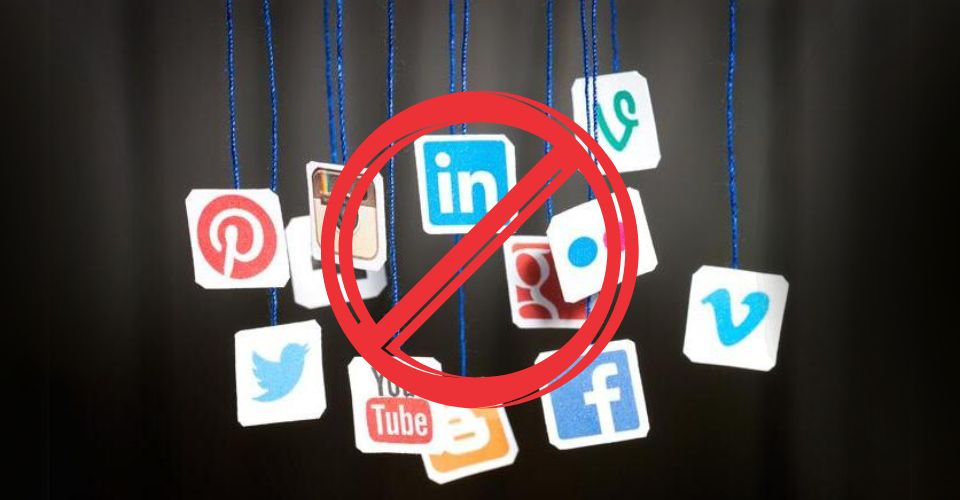Coping with Smartphone and Social Media Obsessions
According to a recent publication in Behavioral Sciences, going without social media for two weeks can result entirely in smartphone and social media addiction elimination as well as improvement of physical, mental and social health among youths. This research by Paige Coyne from Henry Ford Health and Sarah J. Woodruff from the University of Windsor is an indication that there are benefits associated with people taking time off from using social media.
The Digital Detox: Tackling Excessive Usage
In the present day life, smartphones have become indispensable tools which help in communication, entertainment and many more. Nonetheless, excessive use has been related to numerous negative impacts on health like poor sleep, reduced physical activity as well as mental health problems. This has led to interest in digital detoxes where individuals temporarily abandon their electronic devices for purposes of enhancing their well-being.
The Study – Methodology & Participants
This study was aimed at addressing previous limitations by including objective measures and follow-up assessments (Coyne et al., 2020). Hence; they recruited thirty-one young adults aged between 18 and 30 years who are studying at a mid-sized university located in Ontario, Canada. The participants were regular users of social media platforms spending at least one hour daily on them receiving iPhones having Screen Time enabled.
For two weeks, participants were told to use only 30 minutes per day using the same rationale so as to significantly reduce usage but without over restraining it. Their iPhone’s Screen Time feature recorded their smartphone use and social media while questionnaires evaluated various health-related outcomes before, during and after the detoxification.
Promising Results: Enhanced Health Outcomes
On average, this study found that social media consumption decreased by 77.7% (Woodruff et al., 2020). During this period of detoxification, participants had significant reductions for both smart phone addiction as well as addiction towards using blogs/internet-social media. Besides, the study found that there were other benefits such as; improved sleep quality, increased life satisfaction, and decreased stress levels. However, it did not have any significant change in terms of physical activities like sedentary behavior or mindful eating.
Participant Insights: Relief and Adaptation
To gain more insights interviews conducted among participants were examined. Many expressed relief because they felt less pressure to keep up with their social media profiles; whereas some felt alienated from friends and family members (Coyne et al., 2020). They also had brief difficulties at first before getting used to this 30 minutes time limit. Despite reducing time spent on social media sites, total screen usage remained high due to other online activities carried out by the respondents.
Post-Detox Behaviour and Future Recommendations
After finishing the detoxification process most of them confessed that for a short period they became over dependent on social networks but later began to mind about how they were using them (Woodruff et al., 2020). It is necessary according to Coyne & Woodruff (2020) that future detoxes should be realistic, sustainable as well as made personal. The authors also pointed out limitations such as no control group was used and they couldn’t disallow use of social media through other devices.
Conclusion
The research “Taking a Break: The Effects of Partaking in a Two-Week Social Media Digital Detox on Problematic Smartphone and Social Media Use, and Other Health-Related Outcomes among Young Adults” authored by Paige Coyne & Sarah J. Woodruff draws attention to the potential benefits of detaching young adults from social media for some time. However, further investigation is needed into development of efficient individualized digital detox interventions (Woodruff et al., 2020).





